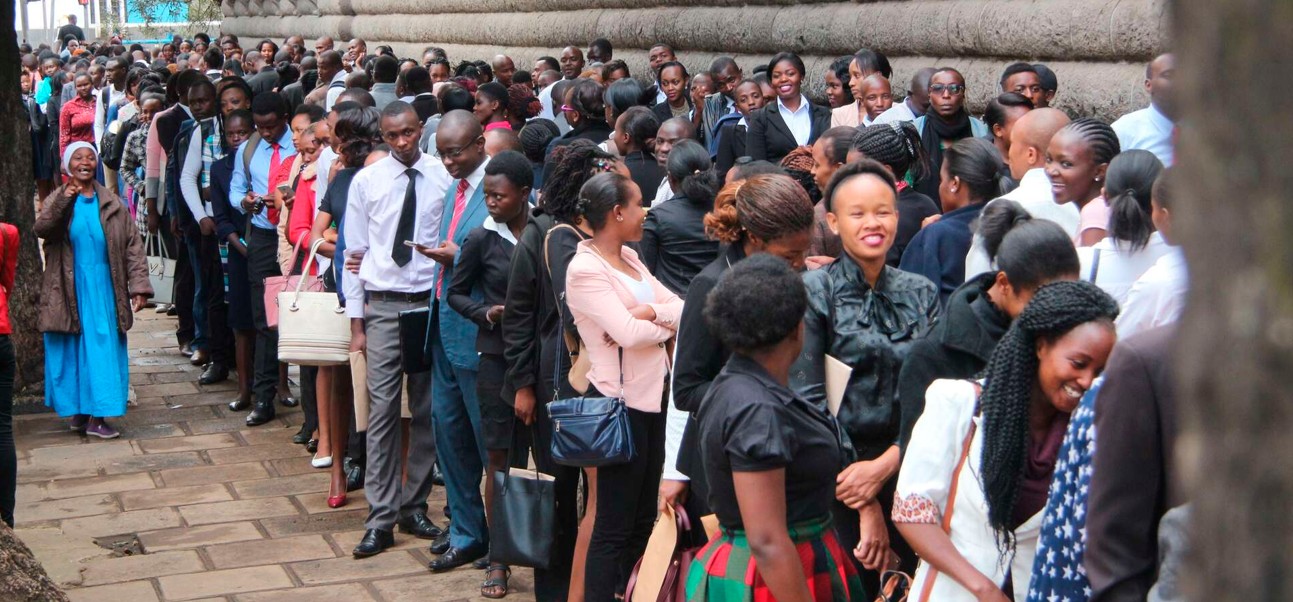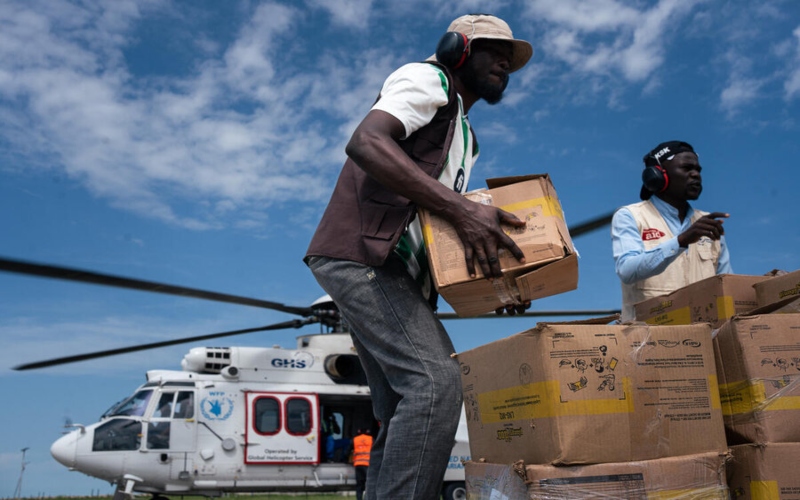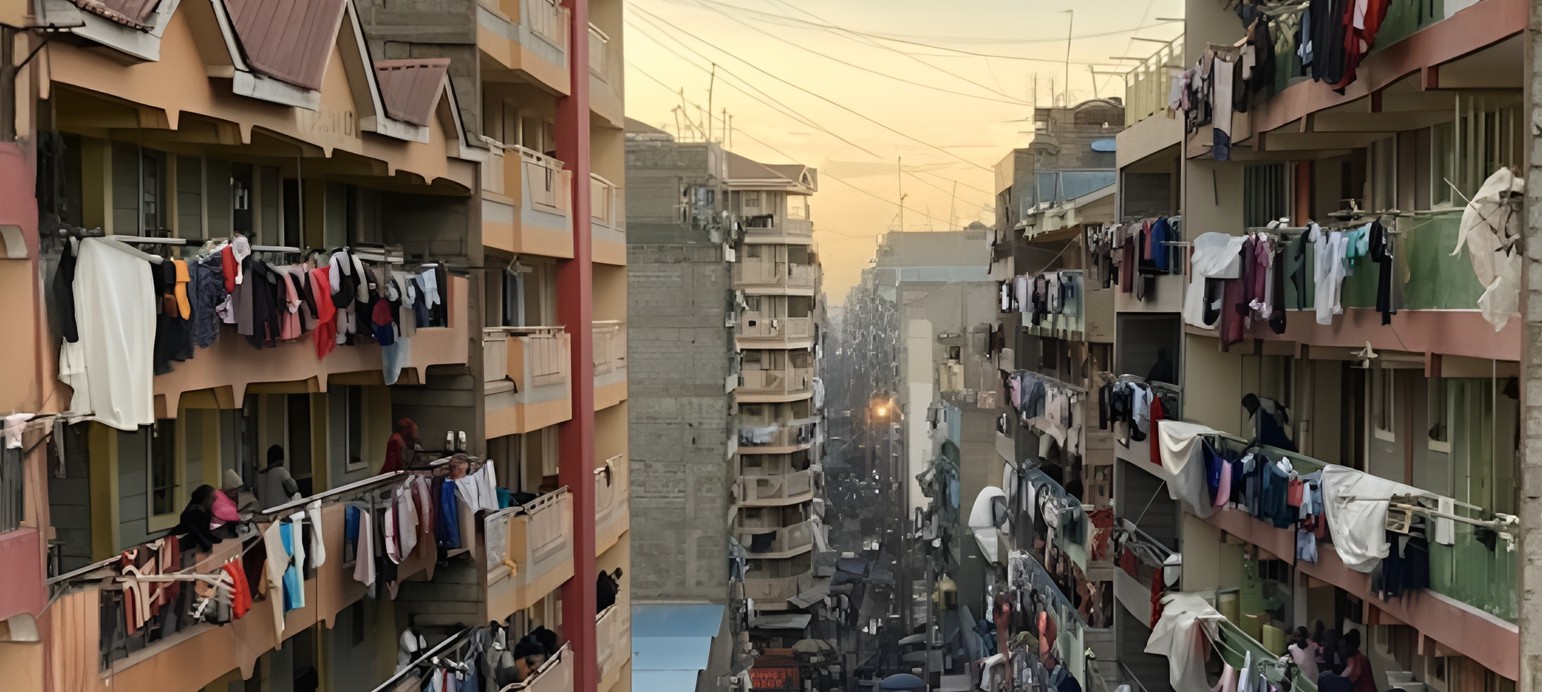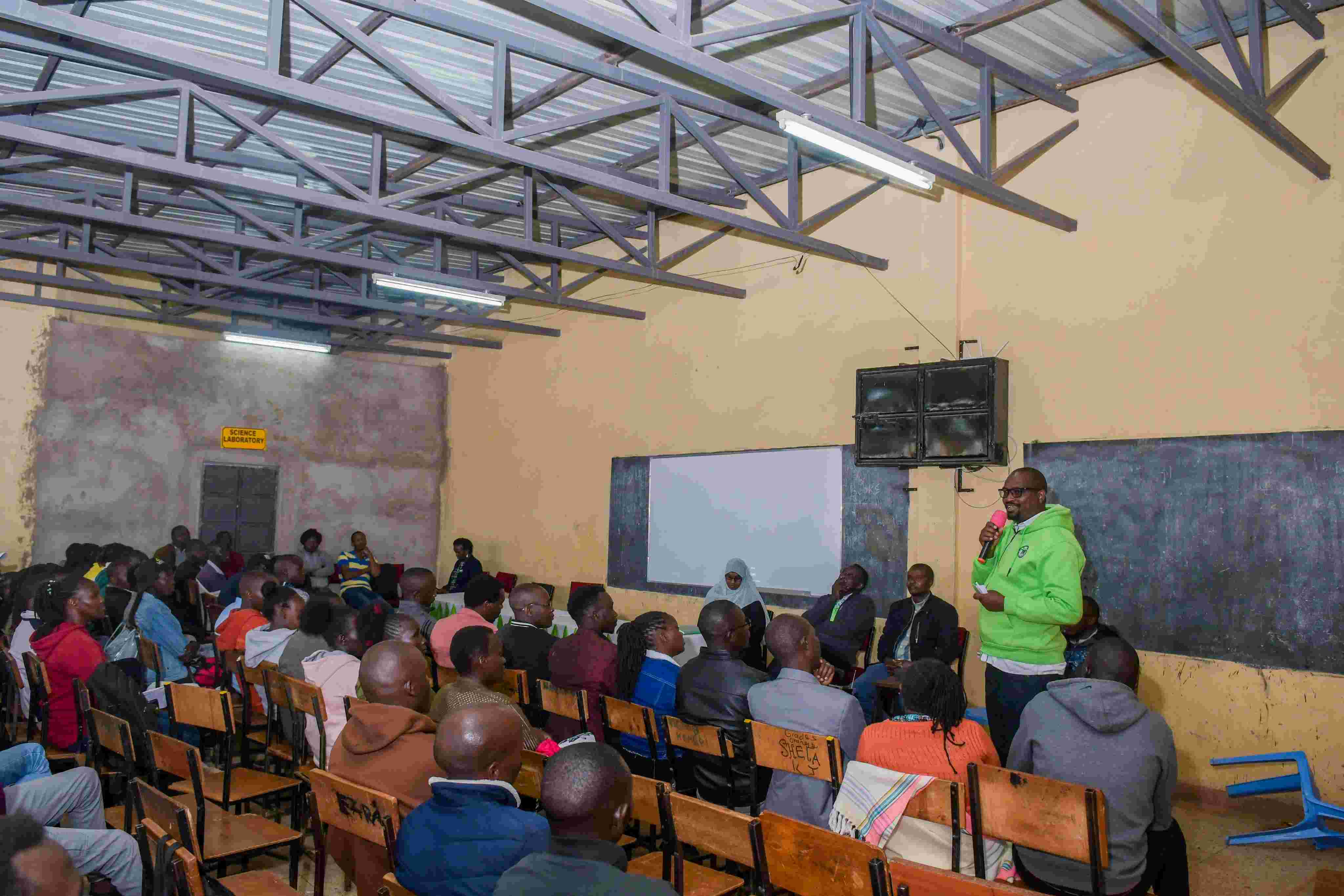Schools told to set up lactation rooms as PS Muthoni pushes for maternal support

Her appeal comes at a time when Kenya's breastfeeding rates have plateaued at around 60 per cent, remaining largely unchanged for over a decade, underscoring the need for renewed efforts to promote and support this foundational practice.
Health Principal Secretary Many Muthoni has called on schools to establish breastfeeding-friendly environments, emphasising the critical need to support young mothers.
Speaking on Wednesday at the Kenya Women Teachers' Association event, she urged schools to set up dedicated lactation rooms, providing safe spaces for expressing and storing breast milk.
More To Read
- Kenya steps up border checks as Ethiopia confirms outbreak of Marburg Virus Disease
- Governors sound alarm as 934 newborns die amid funding row in health sector
- Counties decry handling of hospitals under SHA, accuse Health Ministry of overreach
- Ruto orders all hospitals to report every maternal and child death
- Senate Committee moves to ban detention of patients, bodies over unpaid medical bills
- Ministry warns Kenyans on escalating antibiotic resistance
Her appeal comes at a time when Kenya's breastfeeding rates have plateaued at around 60 per cent, remaining largely unchanged for over a decade, underscoring the need for renewed efforts to promote and support this foundational practice.
"It breaks my heart to hear of women who have no private space in their schools to express or breastfeed—I tear up," Muthoni said, stressing the personal and emotional impact of inadequate support.
She noted that the 2017 Health Act affirms the reproductive rights of mothers, newborns, and adolescents, and requires schools to provide breastfeeding spaces.
"It's in the law. Inspection of schools that do not have these spaces is mandatory. I'm not requesting this; I'm simply reminding schools of their legal obligation to provide safe and secure breastfeeding areas," she added.
The Ministry of Health encourages institutions to provide clean, accessible lactation rooms, designated break times, and safe storage facilities for breast milk.
"I don't think it's acceptable for a female teacher to risk infection due to inadequate facilities. I call on school boards and employers, both public and private, to establish proper lactation rooms. Breastfeeding support is not a favour, it is a right."
She also highlighted the broader public health benefits of breastfeeding, noting that it improves child health and development, and aligns with global health policy objectives.
In addition, Muthoni stressed the importance of mental health support for educators and students, advocating for regular screenings for breast and cervical health, blood pressure, and sugar levels, alongside hygiene and menstrual health management.
She emphasised that access to clean water and sanitation in schools is essential so that no student misses class due to natural health needs.
In 2022, Kenya's exclusive breastfeeding rate stood at 60 per cent, up from 13 per cent in 2003, but has largely stagnated since 2014.
Similarly, the early initiation of breastfeeding has plateaued at 61 per cent. Although these rates are higher than the global average, they remain below national targets, highlighting the ongoing need for stronger support, particularly in workplaces and communities.
In Kenya, the availability of breastfeeding-friendly spaces remains limited. A 2024 survey of 561 HR managers across workspaces revealed that 73 per cent of companies reported having no dedicated lactation rooms for breastfeeding mothers, and 62 per cent indicated that they lacked clear breastfeeding support policies.
Similarly, a study of 304 formally employed mothers in Naivasha found that only 3.6 per cent had access to lactation rooms at their workplaces.
While over 60 per cent of respondents expressed that they would use a lactation room if it were available, fewer than one in ten workplaces currently offered such facilities.
According to Kenya's Guidelines for Securing a Breastfeeding-Friendly Environment at the Workplace (2018), around 40 private companies had established lactation rooms under the "Better Business Practices for Children" initiative.
These figures highlight the ongoing need for expanded workplace and institutional support to enable breastfeeding mothers to maintain both their professional responsibilities and their child's health.
Top Stories Today















































